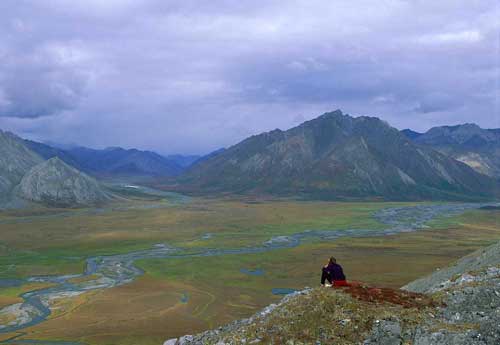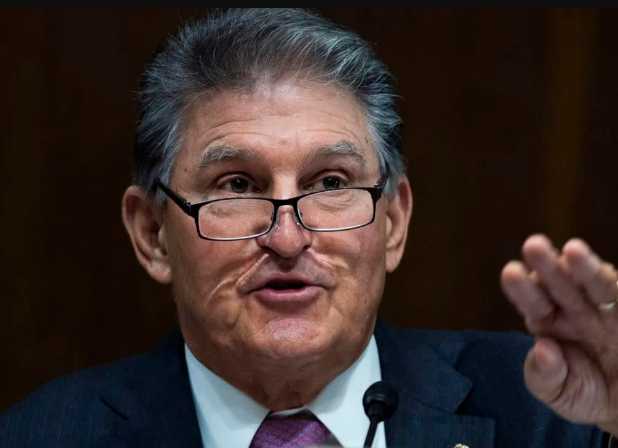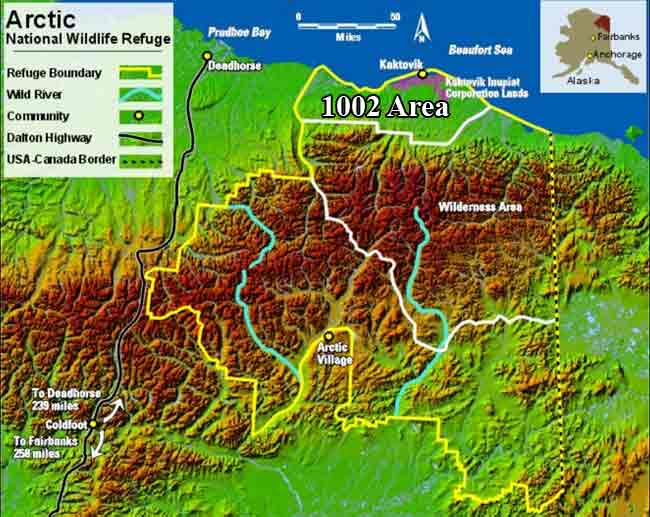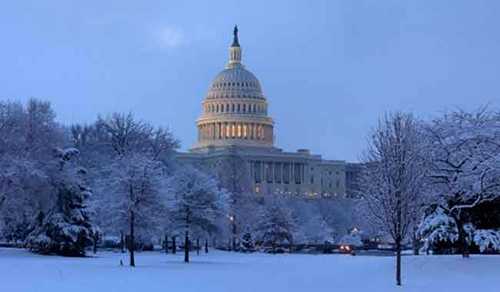“We will never stop fighting to protect these sacred lands, the Porcupine caribou, and our communities,” vowed the Gwich’in Steering Committee’s executive director.
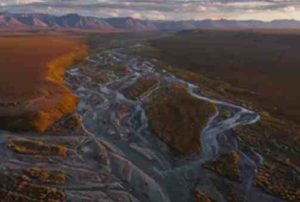
Amid widespread applause Sunday for U.S. Senate Democrats’ long-awaited passage of a budget reconciliation package, Indigenous and conservationist leaders declared that they were “deeply disappointed” in lawmakers’ refusal to restore protections to a key region of Alaska.
“Congress has chosen to ignore the health of the Arctic and the Gwich’in way of life.”
Unlike the Build Back Better Act approved by House Democrats last year, the deal negotiated by Senate Majority Leader Chuck Schumer (D-N.Y.) and Sen. Joe Manchin (D-W.Va.) doesn’t shield the incredibly biodiverse Arctic National Wildlife Refuge (ANWR) from fossil fuel activity—which the Wilderness Society called “a grievous attack on the rights, culture, and sacred lands of the Gwich’in and Iñupiat peoples.”
After the Inflation Reduction Act passed the Senate on Sunday, Bernadette Demientieff, executive director of the Gwich’in Steering Committee—an Indigenous group that has long fought to safeguard ANWR’s Coastal Plain—blasted the exclusion.
“In the Arctic, we’re experiencing a warming climate at four times the rate as the rest of the world, yet Congress has chosen to ignore the health of the Arctic and the Gwich’in way of life by failing to stop this destructive and failed oil and gas program,” she said. “We will never stop fighting to protect these sacred lands, the Porcupine caribou, and our communities.”
The Arctic Refuge is an essential nursery for the world’s birds—but it was put in jeopardy due to potential oil and gas development. But there’s hope—we have a chance to permanently #ProtectTheArctic. Take action today: https://t.co/lw4T4M5UFs pic.twitter.com/BxHqeGV2iu
— Audubon Society (@audubonsociety) August 7, 2022
Following the Senate’s vote Sunday, Winsor joined Demientieff, the Gwich’in leader, in expressing disappointment about the package’s exclusion of ANWR safeguards while also highlighting handouts to fossil fuel giants included in the legislation.
“The United States just took a big leap forward to address climate change,” he said. “However, today’s progress left out public lands as part of the solution, and in fact parts of the bill increased oil and gas extraction on our nation’s lands and waters, including in Alaska’s Cook Inlet.”
“We are… doubling down on our efforts to make certain that public lands are the focus of future climate progress.”
The Biden administration in May canceled three fossil fuel lease sales for the Gulf of Mexico and Cook Inlet, citing a lack of industry interest—a move welcomed by climate campaigners, who continue to call on President Joe Biden to end all offshore drilling.
Discussing Manchin and Schumer’s compromise, Nicole Whittington-Evans, state director at Defenders of Wildlife, told the Anchorage Daily News in late July that “I think the Alaska provisions will really greatly reduce our achievements, in terms of climate, with this deal.”
The federal government would have to make at least 60 million acres of waters available for fossil fuel leases to hold a sale for offshore wind energy projects, which Whittington-Evans said “is very significant” and “does not seem like a great trade-off for Alaska.”
Winsor on Sunday pledged to keep fighting for regional protections, saying that “while we too celebrate a win today for our climate as a whole, we are also doubling down on our efforts to make certain that public lands are the focus of future climate progress.”
“Tomorrow we’ll be back at work,” he said, “seeking to restore congressional protections for the Arctic refuge, and urging President Biden to do everything in his power to make sure the Arctic refuge is a climate solution, and not an oilfield.”
Common Dream’s work is licensed under a Creative Commons Attribution-Share Alike 3.0 License. Feel free to republish and share widely.
[content id=”79272″]

